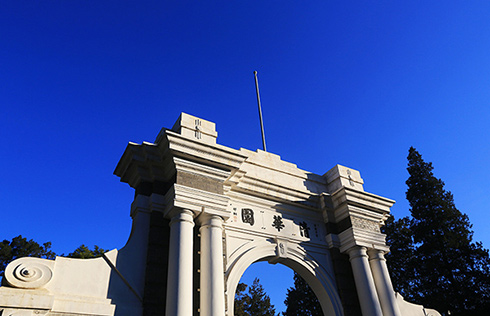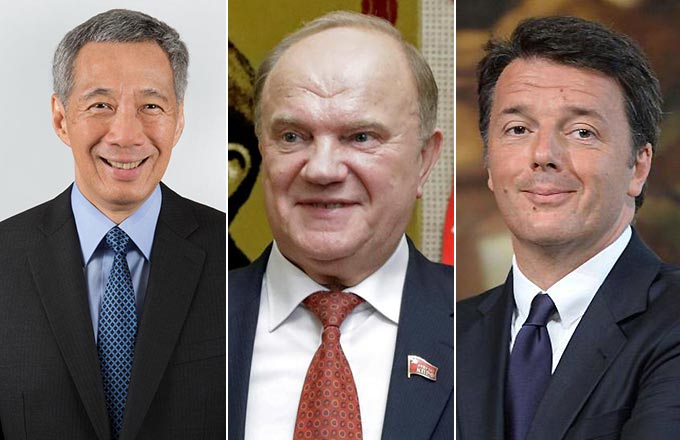Nation urges Asian growth push
The G7 leaders, saying that the slowdown in emerging markets increases the level of severity in the global economy, agreed to promote structural reforms for higher growth.
They reached consensus on treating the South China Sea issue seriously. Japanese Prime Minister Shinzo Abe said G7 leaders must lead international efforts to address this issue.
The declaration to be issued by the leaders on Friday is expected to include the group's support for Abe's "three principles" of "rule of law at sea", according to Japan's Kyodo News agency.
He put these forward at the Shangri-La Dialogue in Singapore in 2014.
Abe's so-called principles are: States shall make their claims based on international law; states shall not use force or coercion in trying to drive their claims; and states shall seek to settle disputes by peaceful means.
Chinese Foreign Ministry spokeswoman Hua Chunying said on Thursday the compulsory dispute settlement procedures of the United Nations Convention on the Law of the Sea do not apply to the South China Sea issue, which is in essence a territorial dispute.
China will not accept or recognize any unjust, invalid rulings on the South China Sea, Hua said.
The Philippines has unilaterally initiated an arbitration case against China in the Permanent Court of Arbitration at The Hague over their disputes in the South China Sea. A ruling is expected soon.
Zhou Yongsheng, a professor of international relations at China Foreign Affairs University, said Japan is attempting to reach consensus among developed nations to contain China diplomatically..



















